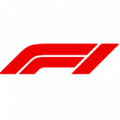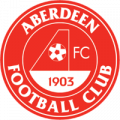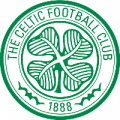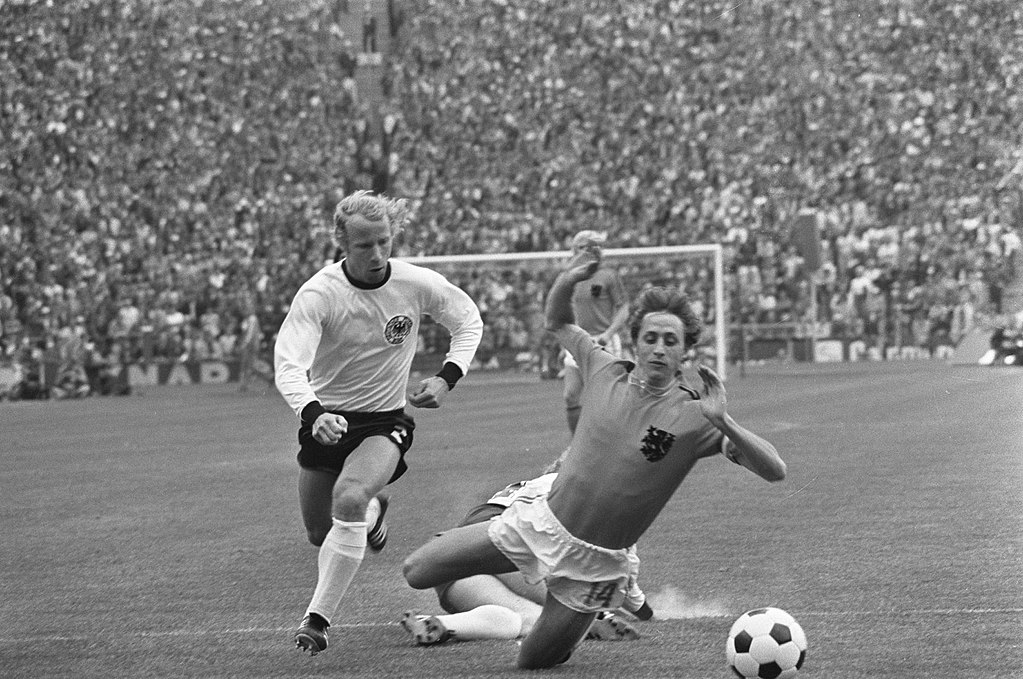31st August 2017: A Netherlands side that included the likes of Arjen Robben and Wesley Sneijder trudge off the pitch after a 4-0 battering by France. Their World Cup 2018 qualification hopes in tatters after losing three matches in a four-game spell, including a shock defeat to Bulgaria. It would be a second successive major qualification campaign disaster for the 1988 European Champions and three-time World Cup runners-up.
27th June 2018: The World Cup holders, Germany, bow out at the Group Stage after a 2-0 defeat to South Korea that sent shockwaves around the globe. The side that had reached at least the semi-final stages of the last six major competitions had also lost to Mexico just ten days earlier.
A chance to respond
Those two dates invoked a period of soul-searching for both sides with similar questions – how had these major footballing nations failed at such early stages in the competition?
For Netherlands, the period of despair has been a long and gruelling journey since finishing third at the 2014 World Cup. The heartache was much more fresh for the Germans.
However, the UEFA Nations League, whether you love it or loathe it, has arguably come at an extremely convenient stage for both countries. A chance to turn the tide as quickly as possible.
Netherlands on the rise
Drawn in a group with France, the two powerhouses of football history have already a chance to test their current ability against the World Cup holders. Germany impressed at home, held to a goalless draw by the brilliance of France’s debutant goalkeeper, Alphonse Areola. In contrast, Netherlands met a side who clicked into gear on the night, unpicked by Olivier Giroud brilliance to be defeated 2-1.
Yet the progression of Netherlands was clear. A youthful squad competed against the French and looked strong defensively, overshadowing that lacklustre display last August when they shipped four.
Such a performance has coincided with their form over the last year. They ended the World Cup qualification campaign with three wins and eight goals, before keeping clean sheets in their next two friendly matches as they won five on the trot.
A narrow defeat to England followed but they went unbeaten in their next four before the France game, holding Italy to a draw and cruising past Cristiano Ronaldo’s Portugal side with three first-half goals.
Work to do for Germany
In contrast, Germany have won just three of their last nine matches. The World Cup struggles are perhaps less of a shock when you consider they were defeated by Austria and only just edged past Saudi Arabia in the build up to the tournament.
The performance against France was impressive but a recent lack of cutting edge in front of goal was again exposed. They have scored just eight in their last nine, including a late winner against Peru in their most recent outing.
Whilst Netherlands’ stock appears to be on the rise from a lower level of prestige, Germany still have a number of holes to plug if they are to reach the level expected of them.
Exciting stars hint towards positive futures
The obvious transition for both nations is even more evident when you look at the two squads. Just 13 of the 46 players selected to represent the two countries are aged 28 or above – only Manuel Neuer, Jerome Boateng and Ryan Babel are in their 30s.
The German squad contains four 22-year olds and the Dutch side has six players 21 or younger. Yet a number of those are some of the most exciting talents on the planet.
Leroy Sane is back in the squad after being left out of the German World Cup team and recently criticised by Toni Kroos. The winger has a point to prove and he has made no secrets of his determination to impress. Meanwhile, striker Timo Werner has scored eight goals in 19 internationals and could be the long-term solution to Germany’s recent goalscoring problems. Both stars are just 22.
The Dutch boast a rejuvenated Memphis Depay who has been in compelling form since failing to impress at Manchester United. He is still only 24. In defence, 19-year old Ajax sensation Matthijs de Ligt has already played nine internationals and is expected to be a star of the future alongside Virgil van Dijk. There are also four uncapped players in the squad, three of which are just 21.
Pressure on Germany?
Both nations have won two, drawn two and lost two in their last six. Yet the burden of pressure on the shoulders of the German squad is much greater than that of the Dutch side.
This will be an intriguing game in different ways. For Netherlands, it is another test for their young side as they climb their way back through towards the upper echelons of global football.
For Germany, the pressure remains as they look to prove they are still one of the top nations in the game and not twisting through a downward spiral.
And don't forget the rivalry between the two nations. Sparked by the German occupation of Netherlands in World War 2 and since ignited by West Germany's 1974 World Cup final win and the infamous Rudi Voller - Frank Rijkaard incident, this contest has all the ingredients for a tasty footballing treat.







































